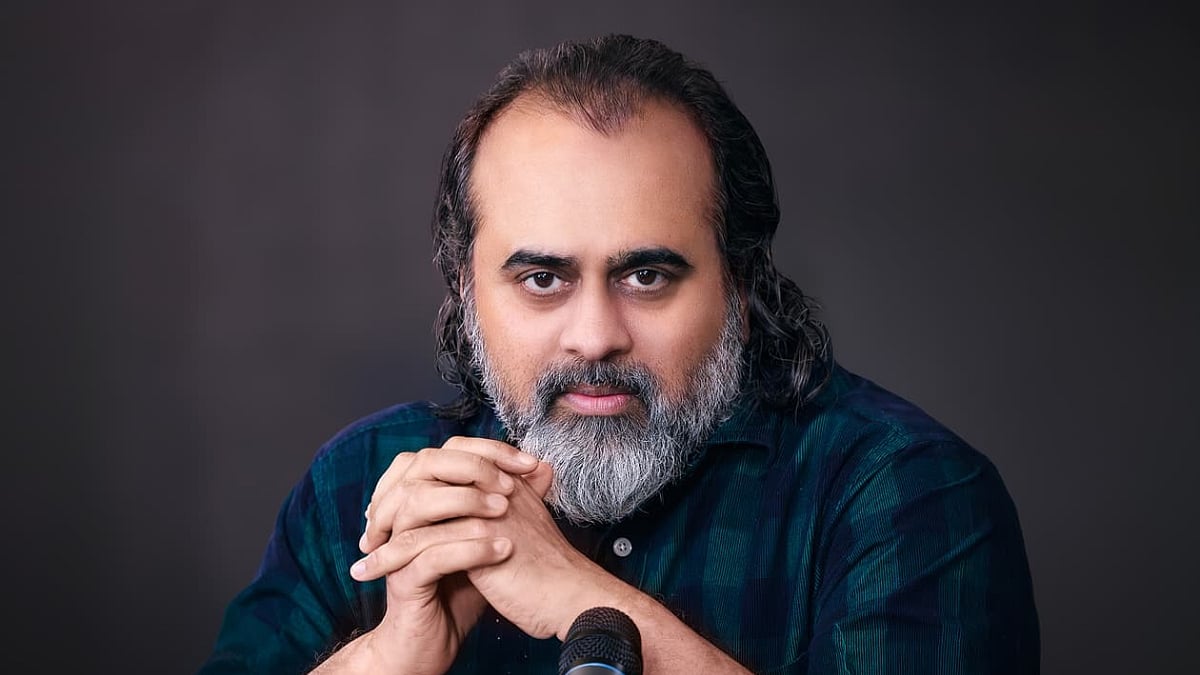Across cultures and centuries, there is one thing that hasn’t changed much: when we talk about women, we almost always end up talking about their bodies. Whether in public statements on modesty, judgements on 'purity,' or expectations around chastity, it’s the same story in different clothes. The woman is treated not as a conscious being but as an object, something to guard, regulate, or offer.
Even today, especially in religious and public discourse in India, the woman is routinely framed in terms of ownership and utility. She is often portrayed as someone to be protected, but that “protection” comes with conditions: she must belong to someone.
Her existence is interpreted through her role as daughter, wife, or mother. She is expected to uphold family honor, follow prescribed codes, and accept surveillance over her choices. Often, her worth is not in who she is, but in how well she serves others’ expectations.
The Birth of Ownership
It began nearly 10,000 years ago when human societies settled into agriculture. With farming came property. With property came the need to own. The woman's body, the source of new life, became both a resource and a risk. Her fertility meant more hands for labour, but it also demanded surveillance to ensure the next generation carried the father’s name.
Organized religion emerged alongside this new social order, and it naturally absorbed its insecurities. Rules were framed: not to liberate, but to govern. Women were placed under lifelong guardianship. Their lives were marked not by enquiry, but by obedience. This may seem overly simplistic, compressing millennia of history into a few lines, but it accurately reflects society's fundamental attitude toward women during this period.
The Forgotten Seers
If we look at the ancient Vedic texts, women were not always treated the same. The earlier Vedantic spirit did not chain women to roles. It allowed them to ask: Who am I? Gargi, Maitreyi, Lopamudra: these women were not passive followers. They were sages, questioners, seers. When Yajnavalkya debated Gargi, he did not dismiss her as “just a woman.” He answered with seriousness. Why? Because she was not seen as a body, she was seen as a consciousness.
But as time passed, the sages gave way to priests, enquiry gave way to rituals, and freedom gave way to conformity. Slowly, women were seen not as seekers of Truth, but as wives, mothers, daughters: roles defined in relation to men. Religion became another means to tighten the grip.
Conditioning Begins Early
This deep programming begins early. In towns and villages across India, a girl grows up adjusting her attire more than her thoughts. She is considered someone else’s property, eventually to be married off. Her friendships with boys are cut short. Her education is measured against marriage timelines. Even her laughter, gait, and clothes come under scrutiny. And when she finally “settles,” it is rarely on her own terms.
Amid such beliefs, love gets corrupted. Most relationships today, even the seemingly loving ones, are between identities, not individuals. A man brings his image of masculinity, a woman her burden of virtue. Intimacy becomes mechanical. Sex becomes transactional. Love becomes a mere performance of roles. And through it all, mainstream religion keeps whispering: this is how it should be.
Vedanta: The Path of Awakening
But real spirituality says the opposite.
Vedanta does not ask you to play a role. It asks you to enquire. It does not ask a woman to be modest or loyal or motherly; it asks her to awaken. And it asks the same of the man. Because true liberation is not gendered. The mind in bondage is neither male nor female. It is just unaware.
The moment a woman stops identifying with her body, she begins to see the trap. She realizes that her value was never in her “purity” or her “honour.” It was in her capacity to know herself. And from that point, everything changes: her relationships, her choices, even her mere presence.
She is no longer a property. No longer a plot to be owned. No longer a prize to be protected. She becomes what she always was: consciousness, unbound.
Acharya Prashant, a philosopher and teacher of global wisdom literature, is the founder of the PrashantAdvait Foundation. A bestselling author who brings timeless wisdom to urgent modern questions, he has been recognised for his contributions to thought and ethics—with honours from PETA (‘Most Influential Vegan’), the Green Society of India (‘Environmental Leadership’), and the IIT Delhi Alumni Association (‘National Development’).




